
In the fast-paced world of social media, where content is created, shared, and consumed at lightning speed, copyright issues have emerged as a significant challenge for individuals and businesses alike. The digital landscape is rife with opportunities for creativity and expression, but it also poses risks related to intellectual property infringement. As we delve into the intricacies of social media copyright issues, we will explore the tools available for protecting creative work, the legal ramifications of infringement, and how to navigate these challenges effectively.
The Rise of Copyright Issues in Social Media
Social media platforms have transformed the way we communicate and share information. From Instagram to TikTok, users continuously post images, videos, and text, often without considering the copyright implications. According to a report by LegalZoom, the widespread sharing of copyrighted material without proper attribution or permission has led to complex legal issues that can have serious consequences for both individuals and companies operating in the digital space.
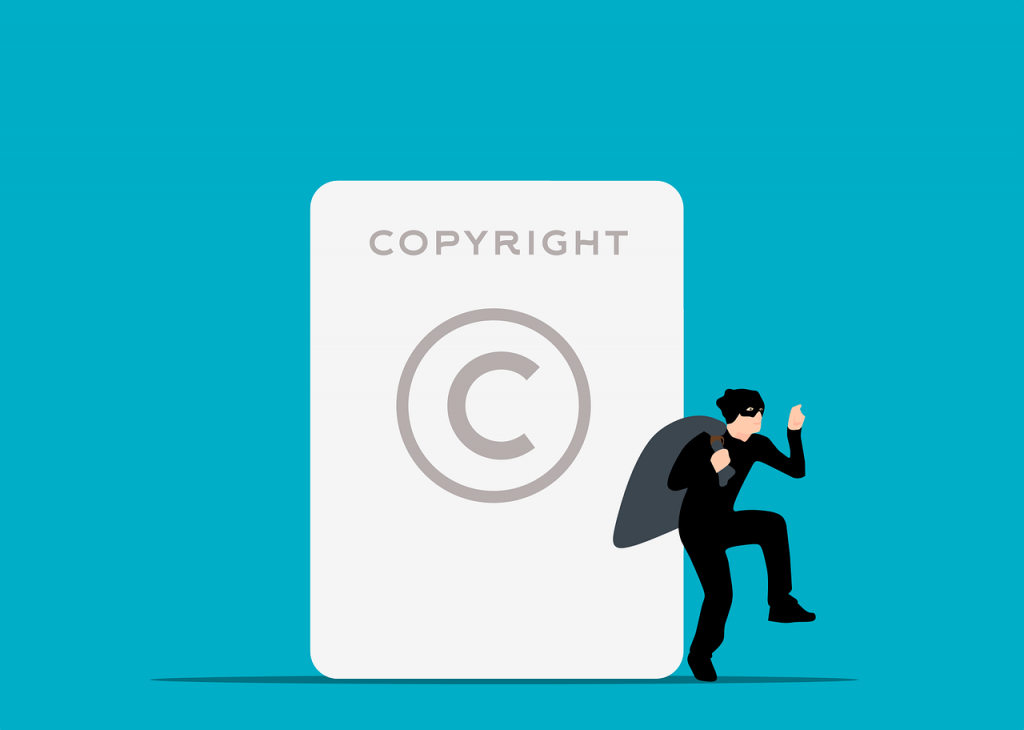
The Importance of Copyright
Copyright serves as a legal framework that protects the rights of creators over their original works. It ensures that authors, artists, and other creators can control how their work is used, distributed, and monetized. However, the ease of sharing content online has blurred the lines of copyright ownership, leading to a significant rise in infringement cases.
For content creators, understanding copyright is crucial. It not only protects their creative output but also helps them navigate the digital landscape more effectively. The challenge lies in balancing the desire to share and promote content with the need to respect the rights of others.
Understanding DMCA Takedown Notices
One of the primary tools available to copyright holders in the digital space is the DMCA (Digital Millennium Copyright Act) takedown notice. This legal notification allows copyright owners to request the removal of infringing content from websites and social media platforms without resorting to litigation.
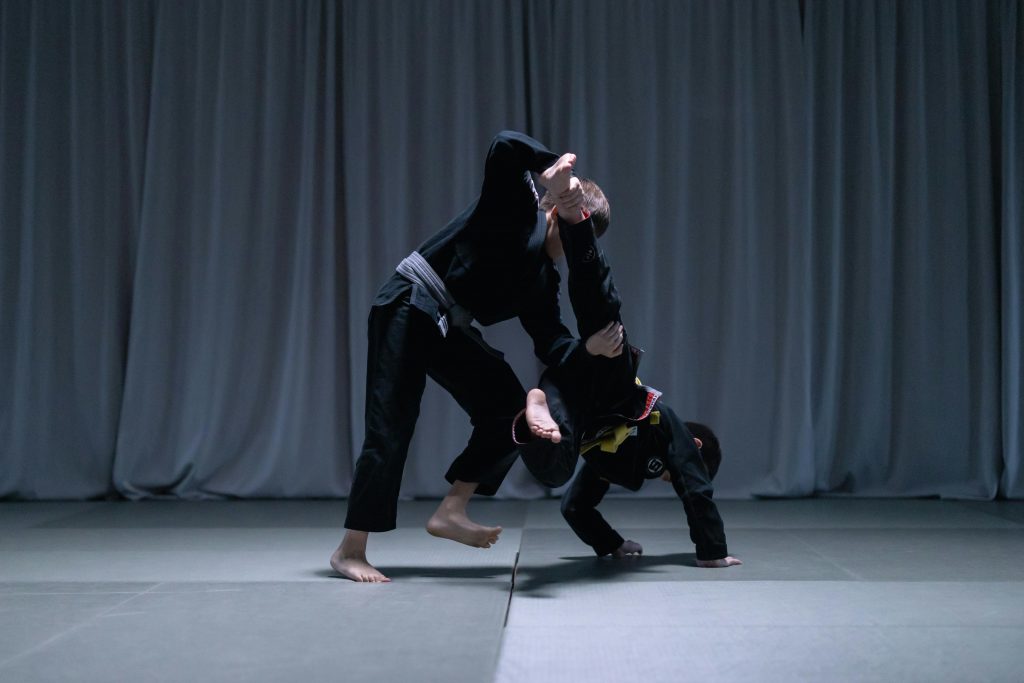
The Process of Filing a DMCA Takedown Notice
The DMCA takedown process begins when a copyright owner identifies unauthorized use of their work. They must send a formal DMCA takedown notice to the online service provider (OSP), such as Facebook or Instagram. This notice must include specific elements to be valid:
- Identification of the copyrighted work claimed to be infringed.
- Identification of the material allegedly infringing the copyright.
- Contact information of the complaining party.
- A statement of good faith belief that the use is not authorized.
- A statement that the information in the notice is accurate.
- A physical or electronic signature of the copyright owner or their agent.
Once the OSP receives a valid DMCA takedown notice, they are required to promptly remove or disable access to the allegedly infringing content. This “safe harbor” provision protects the OSP from liability for copyright infringement, provided they comply with the takedown procedure.
Controversies Surrounding DMCA Takedown Notices
While DMCA takedown notices are a valuable tool for copyright holders, they are not without controversy. False or misleading takedown notices can lead to civil liability for the sender. To counter potential abuse, the DMCA also provides a counter-notice procedure for users who believe their content was wrongfully removed. This allows them to dispute the takedown and potentially have their content restored.
For copyright holders, DMCA takedown notices offer a relatively quick and cost-effective method to address infringement on social media. However, they should be used judiciously and only when there is a genuine belief of copyright violation. In cases where infringement persists or is widespread, copyright owners may need to consider additional legal actions beyond the DMCA takedown process.
Navigating Creative Commons Licenses
Creative Commons (CC) licenses provide a flexible solution for content creators and users navigating the complex landscape of social media copyright issues. These public licenses allow copyright holders to grant specific permissions for others to use their work while retaining their copyright protection.
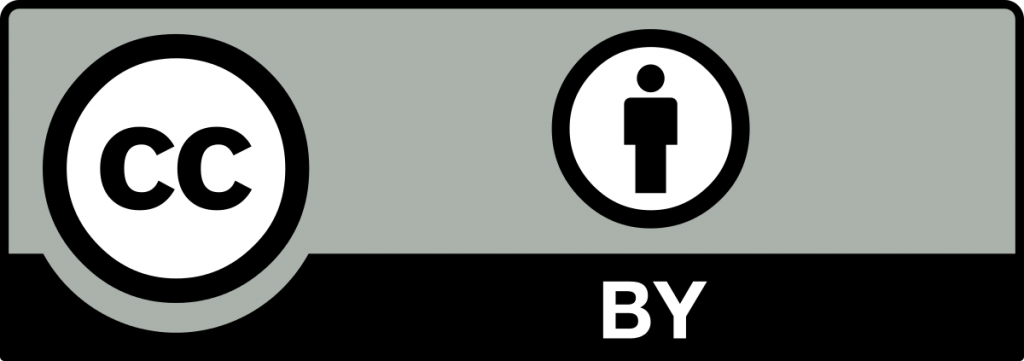
Types of Creative Commons Licenses
There are six main types of Creative Commons licenses, each offering different levels of permission:
- CC BY (Attribution): This most permissive license allows others to distribute, remix, adapt, and build upon the work, even commercially, as long as they credit the original creator.
- CC BY-SA (Attribution-ShareAlike): Similar to CC BY, but requires derivative works to be licensed under identical terms.
- CC BY-NC (Attribution-NonCommercial): Allows non-commercial use of the work with attribution.
- CC BY-ND (Attribution-NoDerivatives): Permits redistribution, commercial and non-commercial, as long as it is passed along unchanged and in whole, with credit to the creator.
- CC BY-NC-SA (Attribution-NonCommercial-ShareAlike): Allows non-commercial use with attribution, requiring derivative works to be licensed under the same terms.
- CC BY-NC-ND (Attribution-NonCommercial-NoDerivatives): The most restrictive license, allowing only downloading and sharing with attribution, without modification or commercial use.
When using CC-licensed content on social media, it’s crucial to adhere to the specific terms of the license. For instance, all CC licenses require proper attribution to the original creator. This can be challenging on platforms with character limits or those that don’t easily facilitate linking to sources.
Benefits of Creative Commons Licenses
For content creators, CC licenses provide a way to share work more openly while maintaining some control over its use. This can be particularly beneficial for building an audience or collaborating with others in the digital space. However, it’s essential to carefully consider which license best aligns with your goals and the nature of your content.
Social media users should understand that CC licenses do not replace copyright law but work alongside it. While CC licenses make it easier to use and share content legally, they don’t eliminate the need for due diligence in respecting intellectual property rights.
By understanding and properly utilizing Creative Commons licenses, both content creators and users can navigate social media copyright challenges more effectively, fostering a culture of legal and ethical content sharing.
Legal Consequences of Infringement
Copyright infringement on social media platforms can lead to severe legal consequences, ranging from civil penalties to criminal charges. In the United States, willful copyright infringement can result in criminal penalties, including imprisonment of up to five years and fines of up to $250,000 per offense. These harsh penalties underscore the seriousness with which the law treats intellectual property violations in the digital age.
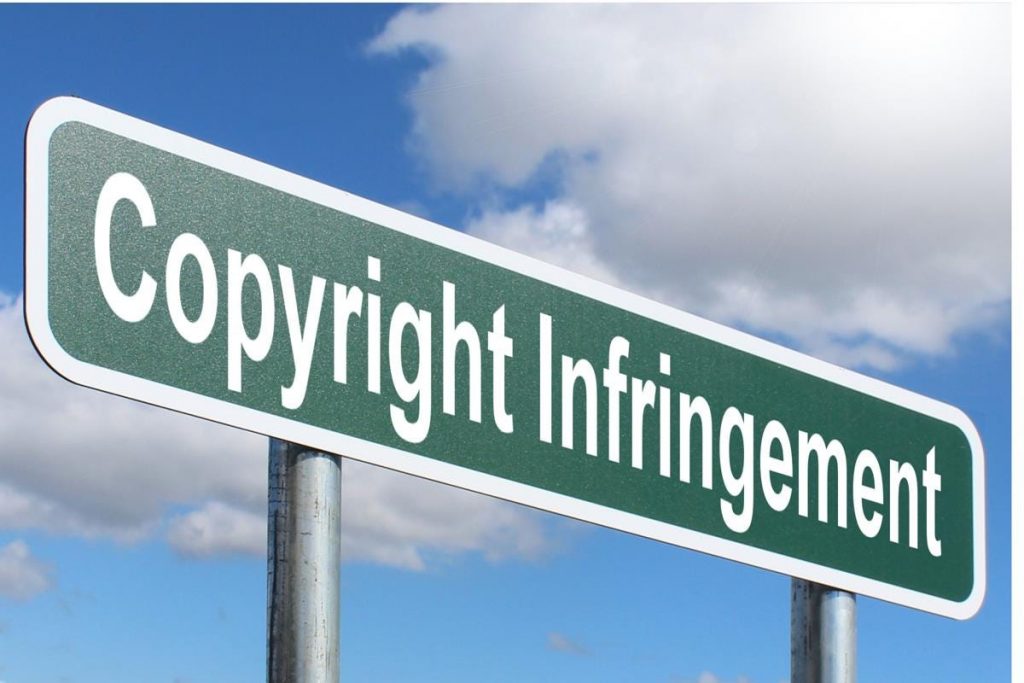
Civil Penalties for Copyright Infringement
Civil penalties for copyright infringement can be equally substantial. The law provides for statutory damages ranging from $200 to $150,000 for each work infringed. In cases where the infringement is proven to be willful, courts may award damages at the higher end of this spectrum. Additionally, the infringer may be required to pay the actual dollar amount of damages and profits derived from the unauthorized use of copyrighted material.
The legal ramifications extend beyond monetary penalties. Copyright holders can seek injunctive relief, compelling the infringer to cease their infringing activities and remove the copyrighted content from their social media platforms. This can have significant implications for businesses and individuals who rely on social media for their online presence and marketing efforts.
The Global Perspective on Copyright Infringement
In many countries, including the Philippines, copyright infringement carries similar legal consequences. The country’s intellectual property laws provide for both civil and criminal penalties. Criminal sanctions for copyright infringement in the Philippines include imprisonment of between one to three years and a fine of between 50,000 to 150,000 pesos for the first offense. Repeat offenders face even harsher penalties, highlighting the escalating nature of copyright enforcement.
It’s crucial to note that legal consequences can extend beyond the immediate infringer. In some jurisdictions, social media platforms and online service providers may also face liability if they fail to respond promptly to copyright infringement notifications or if they knowingly facilitate copyright violations.
The Reputational Damage of Infringement
The reputational damage resulting from copyright infringement can be as severe as the legal penalties. Businesses and individuals found guilty of copyright infringement may suffer significant harm to their brand image and credibility. This can lead to loss of customers, partnerships, and future opportunities, potentially causing long-term financial impact beyond the immediate legal costs and fines.
Given the severe consequences of copyright infringement, it is essential for social media users and content creators to be vigilant about respecting intellectual property rights. This includes obtaining proper permissions, using licensed content appropriately, and responding promptly to any copyright claims or takedown notices. By understanding and adhering to copyright laws, users can navigate the complex landscape of social media while avoiding potentially devastating legal and financial repercussions.
Best Practices for Navigating Copyright on Social Media
To effectively navigate the challenges of copyright on social media, individuals and businesses should adopt several best practices:
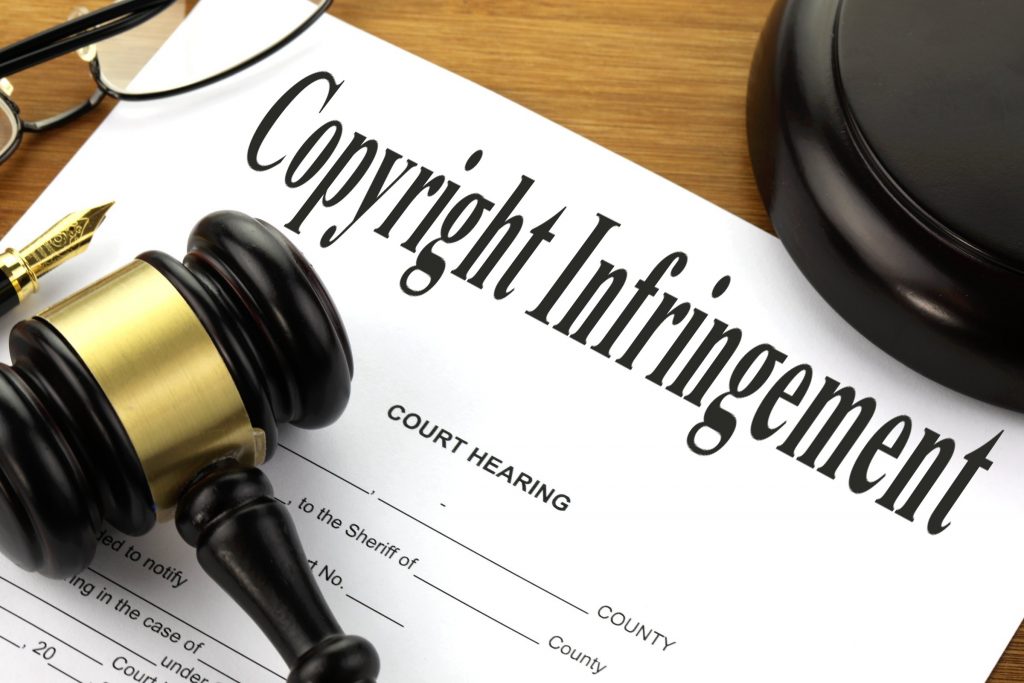
- Educate Yourself: Understanding copyright law and the specific rights associated with your work is crucial. Familiarize yourself with the DMCA process and the different types of Creative Commons licenses.
- Use Licensed Content: Whenever possible, use content that is licensed for reuse. This can include Creative Commons-licensed works or content purchased from stock libraries.
- Attribute Properly: If you use someone else’s work, ensure you provide proper attribution as required by the license. This not only shows respect for the original creator but also protects you legally.
- Create Original Content: Whenever feasible, focus on creating your own original content. This not only avoids copyright issues but also helps build your brand identity and authority on social media.
- Respond to Takedown Notices Promptly: If you receive a DMCA takedown notice, respond promptly and professionally. If you believe the notice is unjustified, consider filing a counter-notice.
- Consult Legal Professionals: If you are unsure about copyright issues or face legal challenges, consult with a legal professional specializing in intellectual property law.
By implementing these best practices, individuals and businesses can safeguard their creative work while navigating the complexities of social media copyright issues.
As social media continues to evolve, so too do the challenges surrounding copyright infringement. Understanding the legal landscape, utilizing tools like DMCA takedown notices, and navigating Creative Commons licenses are essential for content creators and users alike. The consequences of copyright infringement can be severe, impacting both legal standing and brand reputation.
At Sociobo, we recognize the importance of protecting your brand identity and creative work in the digital age. Our services are designed to help individuals and businesses enhance their social media presence while leveraging the power of social proof. By systematically improving your visibility and authority on social media platforms, we enable you to reach a wider audience and attract genuine engagement.
If you’re looking to build your brand identity and navigate the complexities of social media effectively, consider exploring what Sociobo has to offer. Our unique approach to social proof aggregation can help you enhance your online presence while ensuring you respect copyright laws and intellectual property rights.
Visit Sociobo.com today to learn more about how we can assist you in achieving your social media goals while safeguarding your creative assets






No comment yet, add your voice below!